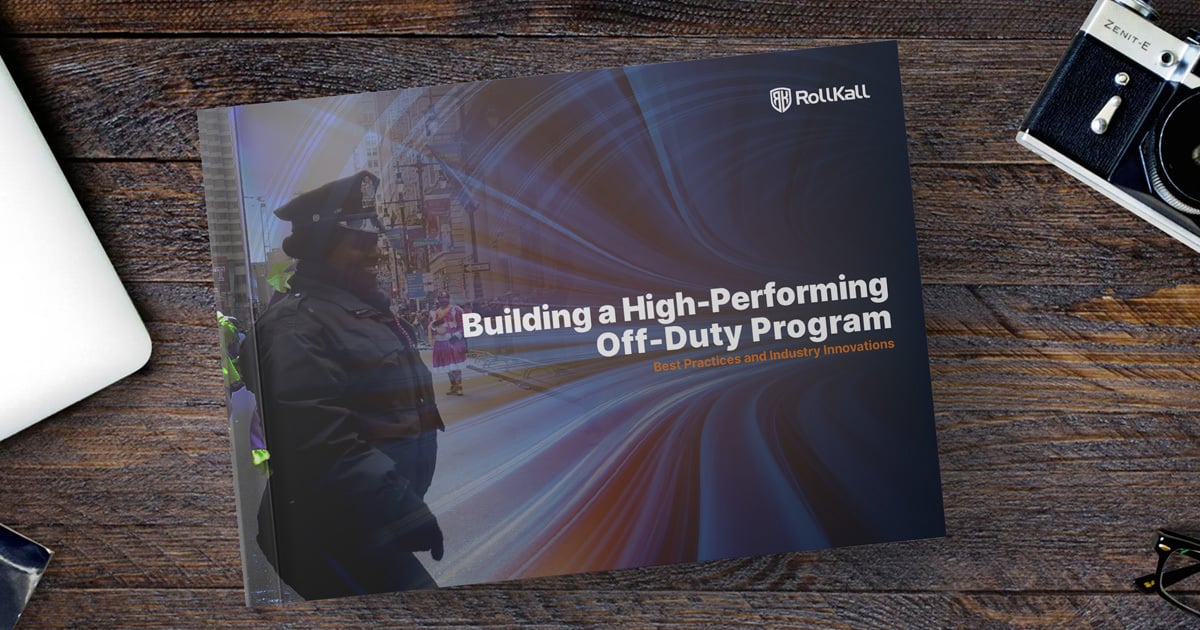Guides & Ebooks
Most Popular
Ebook: Building a High-Performing Off-Duty Program
What does high-performing off-duty look like? A successful off-duty program is simple to manage, doesn’t take too much time, ...
Learn more








